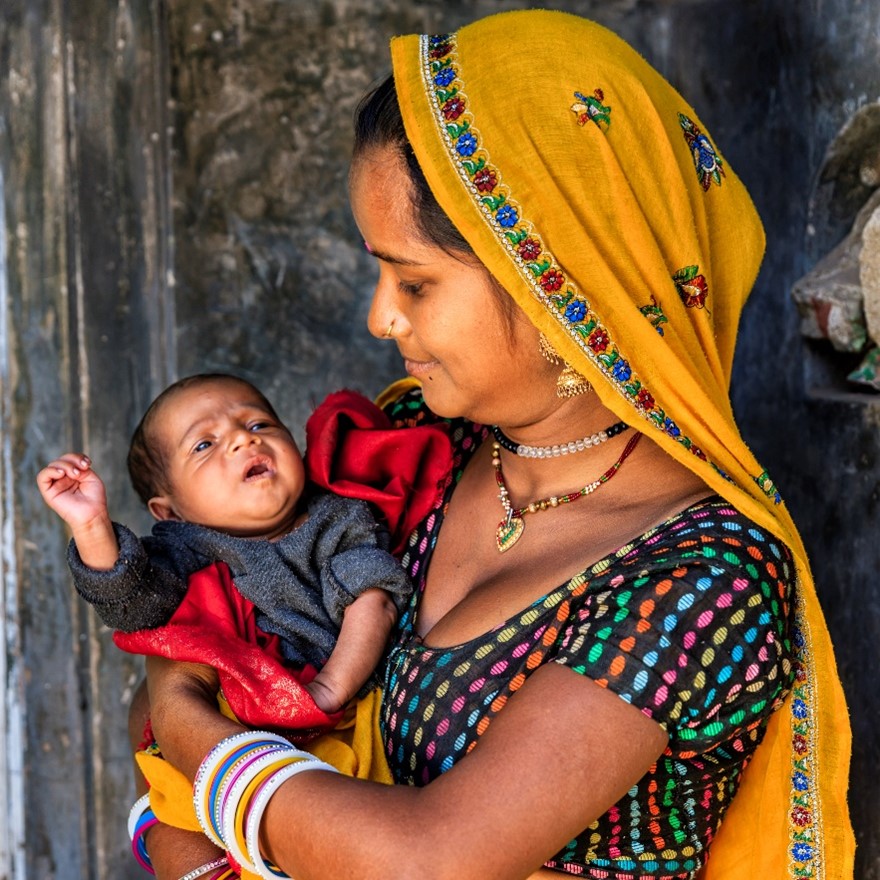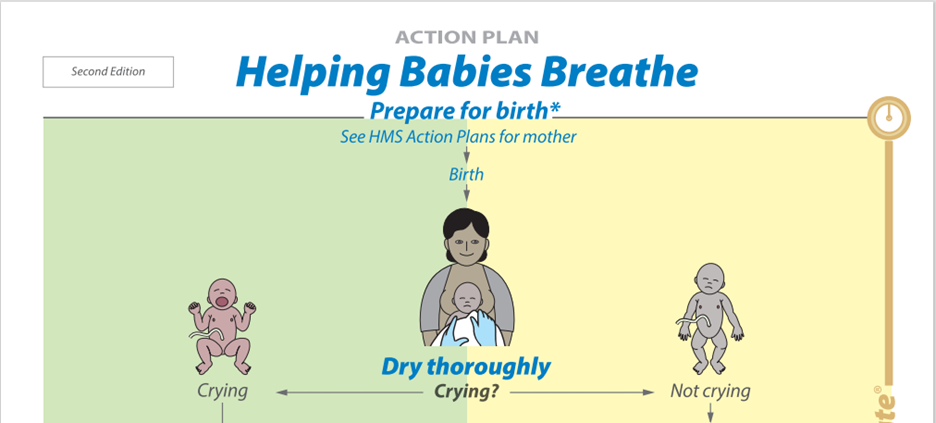Helping Babies Survive (HBS) is an initiative of the American Academy of Pediatrics (AAP), developed in collaboration with WHO, and supported by the US Agency for International Development (USAID), Save the Children, Latter-day Saint Charities, Laerdal Global Health, Johnson & Johnson, and a number of other global health partners. HBS is a suite of evidence-based, hands-on training programs developed by the AAP to reduce neonatal mortality in resource-limited environments.
HBS began with Helping Babies Breathe neonatal resuscitation techniques that have been shown to reduce neonatal mortality by up to 47%. The HBB curriculum includes scientific updates to harmonize with 2015 ILCOR Consensus on Science with Treatment Recommendations, and the 2012 WHO Basic Newborn Resuscitation Guidelines.

Together, the HBS programs address the three most common causes of preventable neonatal deaths: complications during childbirth, complications from preterm birth, and neonatal infections.
The use of highly pictorial learning materials and low-cost, purpose-built simulators makes the Helping Babies Survive suite of programs very accessible to audiences in resource-limited countries around the world. Programs include visual guidebooks, flipcharts and posters containing clear, specific instructions for healthcare providers to follow after the birth of a baby. Because no electricity or specialized technology is required, HBS can easily be taught anywhere learners can come together.

HBS programs have a systems-based focus designed to change and improve clinical practices across systems of care. The HBS curricula can be used as stand-alone programs, integrated with one another, or integrated with a country's existing health infrastructure. HBS programs are all developed on the premise that assessment at birth and simple newborn care are things that every baby deserves.
Last Updated
06/13/2023
Source
American Academy of Pediatrics